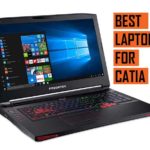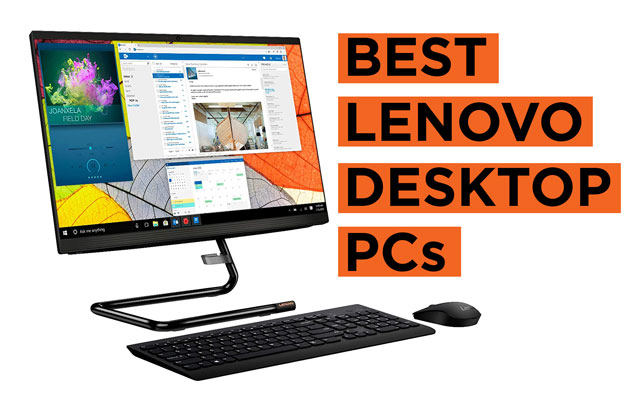In this guide, we’ll guide mechanical engineers, aerospace designers, automotive specialists, and systems architects who rely on CATIA to build and manage detailed parametric models, simulate structural behavior, and develop highly complex products. If your work involves assemblies with thousands of interdependent parts, Class-A surfacing, or multidisciplinary design integration—this guide is made for you.
CATIA is a benchmark of enterprise-level CAD, and it demands serious hardware to run properly. Crashes, slow feature regeneration, or stuttered graphics can delay entire production cycles.
To build a workstation ready for CATIA, we need to understand what it demands. CATIA is both CPU-intensive and GPU-aware. Core modeling and assemblies lean heavily on single-threaded CPU performance, while graphics rendering and visualization benefit from high-performance, certified GPUs. Add the growing adoption of simulation modules and collaborative platforms, and your system must also offer strong RAM capacity, fast I/O, and long-session stability.
We evaluate systems based on six key criteria: Processor, Graphics Card, RAM, Storage, ISV Certification, and System Cooling. We also include minimum baseline specifications to filter out underpowered builds:
- High-frequency CPU such as Intel Core i9-14900K or AMD Ryzen 9 7950X
- Workstation-class GPU like NVIDIA RTX A2000, A4000, or A5000
- Minimum 32GB RAM, with expansion support to 64GB or higher
- 1TB NVMe SSD for speed-critical operations
- Full ISV certification for CATIA from Dassault Systèmes
- Thermal design suitable for long-duration design and simulation sessions
Processor (CPU)
CATIA’s core modeling engine benefits from high clock speeds on a small number of threads. This means clock frequency beats core count, a fast 8-core chip often outperforms a slower 16-core one in 3D modeling. The Intel Core i9-14900K or AMD Ryzen 9 7950X shine here, reaching beyond 5GHz in boost clocks. You’ll notice the difference immediately when modifying features, handling complex constraints, or regenerating large assemblies. Low clock speed introduces latency into your design loop—one delay at a time.
Graphics Card (GPU)
CATIA depends on OpenGL, and certified GPUs guarantee visual fidelity, smooth frame rates, and viewport reliability. This is critical when working with real-time shading, large assemblies, or visualization modules. NVIDIA’s RTX A-series (formerly Quadro) is your best bet, with models like the RTX A4000 or A5000 offering both ample VRAM (16GB+) and driver-level certification. These cards eliminate viewport glitches and bring consistent rendering behavior across systems.
RAM
If you’re modeling large assemblies, simulating mechanical systems, or multitasking with other Dassault tools, RAM is your buffer zone. A system with 32GB RAM is the functional minimum. Larger models, especially in aerospace or automotive, can eat into memory quickly. 64GB or more is ideal for long-term flexibility and consistent performance under high load. Insufficient RAM causes long file loading times and forces disk paging, which can break the CATIA experience completely.
Storage
Design files in CATIA are often layered with metadata, dependencies, linked documents, and external references. You need a fast NVMe SSD to keep access times low and reduce loading delay—especially when opening sessions from PLM or shared repositories. 1TB is the minimum, with high-speed secondary storage recommended for archives or simulation outputs.
ISV Certification & Compatibility
CATIA doesn’t play well with hardware that falls outside of Dassault’s certified list. That’s why ISV certification—the official stamp of approval from the software vendor—matters more here than in most CAD software. Workstations from trusted lines like HP Z Series, Dell Precision, or Lenovo ThinkStation are vetted for compatibility, tested to run CATIA smoothly, and guaranteed to receive driver support. It’s about reducing unpredictable errors and ensuring system-wide reliability.
Thermal Design & Power Efficiency
Intensive CATIA workflows can stretch CPU and GPU usage for hours. You need a well-ventilated chassis, consistent airflow, and efficient cooling solutions to prevent thermal throttling. Quiet fans, liquid-cooled CPUs, and power supplies with Gold or Platinum efficiency ratings help sustain long operations without instability. Hot systems drop performance, and in design, every dropped frame is a lost interaction.
So, what should you expect going forward?
The systems we highlight are workstations carefully selected to meet CATIA’s technical and visual demands. You’ll find enterprise-grade desktops for large-scale enterprise use, mid-tier systems suited for full-time design professionals, and compact workstations ideal for engineers working in hybrid environments or offsite.
From surfacing tools in Class-A modeling to DMU kinematics and embedded systems integration, CATIA empowers you to model complex systems.
Also see best desktop computers for industrial design.
These are the Best 2026 Desktop Computers for CATIA;
Contents
- Thermaltake Reactor 380 Liquid-Cooled PC (AMD Ryzen 7 5800X, RTX 3080, 16GB 3600Mhz
- HP OMEN 45L Gaming Desktop, 13th Generation Intel Core i9-13900KF, 16 GB RAM, 1 TB Solid State Drive, NVIDIA GeForce RTX 4070 Ti
- Skytech Gaming Shadow Gaming PC Desktop – AMD Ryzen 7 5700X 3.4 GHz, NVIDIA RTX 4060, 1TB NVME SSD, 16GB DDR4 RAM
- Corsair Vengeance i8200 Series Gaming PC - Liquid Cooled Intel Core i9 14900KF CPU - NVIDIA GeForce RTX 4090 GPU - 64GB
- Thermaltake LCGS Glacier i360 R4 Gaming Desktop (Intel Core™ i5-12400F, ToughRam DDR4 3600Mhz 16GB RGB Memory, NVIDIA GeForce® RTX 3060
- Corsair Vengeance i7500 Series Gaming PC - Liquid Cooled Intel Core i9 14900KF CPU - NVIDIA GeForce RTX 4090
Thermaltake Reactor 380 Liquid-Cooled PC (AMD Ryzen 7 5800X, RTX 3080, 16GB 3600Mhz |
|
|---|---|
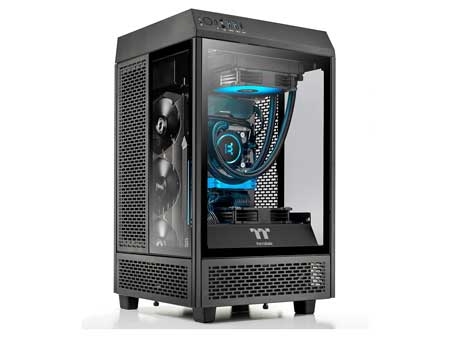 See This On Amazon |
|
| CPU | AMD Ryzen 7 5800X |
| Processor Speed | 3.8 Ghz |
| GPU | RTX 3080 |
| Graphics Card Memory | 10 GB |
| RAM | 16GB |
| Storage Space | 1TB |
| Operating System | Windows 11 |
| Dimensions | 14 x 14 x 24 inches |
| Keyboard & Mouse | Sold Separately |
| Computer Monitor | Sold Separately |
| Advantages | Performance, Price |
| Disadvantages | Storage |
HP OMEN 45L Gaming Desktop, 13th Generation Intel Core i9-13900KF, 16 GB RAM, 1 TB Solid State Drive, NVIDIA GeForce RTX 4070 Ti |
|
|---|---|
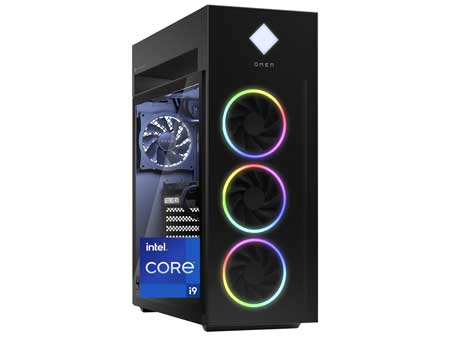 See This On Amazon |
|
| CPU | Intel Core i9-13900KF |
| Processor Speed | up to 5.80 GHz |
| GPU | NVIDIA GeForce RTX 4070 Ti |
| Graphics Card Memory | 12GB |
| RAM | 32 GB DDR5 |
| Storage Space | 1 TB 1 TB PCIe NVMe M.2 SSD |
| Operating System | Windows 11 |
| Dimensions | 8.03 x 18.5 x 21.85 inches |
| Keyboard & Mouse | Sold Separately |
| Computer Monitor | Sold Separately |
| Advantages | Low power use, Looks good, powerful |
| Disadvantages | Quite expensive |
Skytech Gaming Shadow Gaming PC Desktop – AMD Ryzen 7 5700X 3.4 GHz, NVIDIA RTX 4060, 1TB NVME SSD, 16GB DDR4 RAM |
|
|---|---|
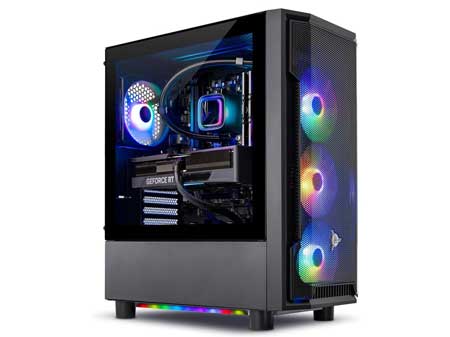 See This On Amazon |
|
| CPU | AMD Ryzen 7 5700X |
| Processor Speed | 3.4 GHz |
| GPU | NVIDIA RTX 4060 |
| Graphics Card Memory | 8 GB |
| RAM | 16GB DDR4 |
| Storage Space | 1TB NVME SSD |
| Operating System | Windows 11 |
| Dimensions | 23 x 21 x 14 inches |
| Keyboard & Mouse | Sold Separately |
| Computer Monitor | Sold Separately |
| Advantages | Performance, Value for money |
| Disadvantages | None |
Corsair Vengeance i8200 Series Gaming PC - Liquid Cooled Intel Core i9 14900KF CPU - NVIDIA GeForce RTX 4090 GPU - 64GB |
|
|---|---|
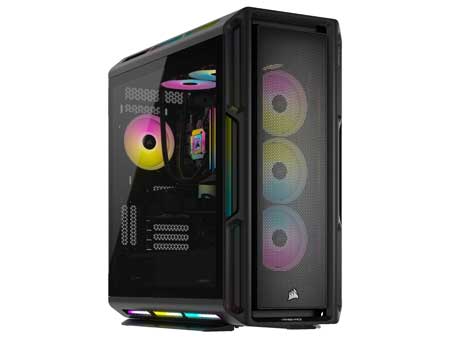 See This On Amazon |
|
| CPU | Intel Core i9 14900KF |
| Processor Speed | 3.2 GHz |
| GPU | NVIDIA GeForce RTX 4090 |
| Graphics Card Memory | 24 GB |
| RAM | 64GB |
| Storage Space | 2TB M.2 SSD |
| Operating System | Windows 11 |
| Dimensions | 25.63 x 24.25 x 13.86 inches |
| Keyboard & Mouse | Sold Separately |
| Computer Monitor | Sold Separately |
| Advantages | Very good performance, large storage |
| Disadvantages | n/a |
Thermaltake LCGS Glacier i360 R4 Gaming Desktop (Intel Core™ i5-12400F, ToughRam DDR4 3600Mhz 16GB RGB Memory, NVIDIA GeForce® RTX 3060 |
|
|---|---|
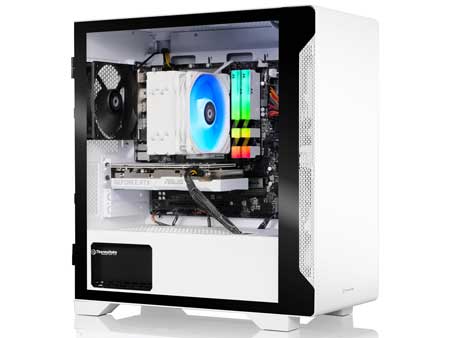 See This On Amazon |
|
| CPU | Intel Core™ i5-12400F |
| Processor Speed | 2.5 GHz |
| GPU | NVIDIA GeForce® RTX 3060 |
| Graphics Card Memory | 8 GB |
| RAM | 16GB |
| Storage Space | 1TB NVMe M.2 |
| Operating System | Windows 11 |
| Dimensions | 20.5 x 20.5 x 12.5 inches |
| Keyboard & Mouse | Included |
| Computer Monitor | Sold Separately |
| Advantages | Design and Performance |
| Disadvantages | Storage |
Corsair Vengeance i7500 Series Gaming PC - Liquid Cooled Intel Core i9 14900KF CPU - NVIDIA GeForce RTX 4090 |
|
|---|---|
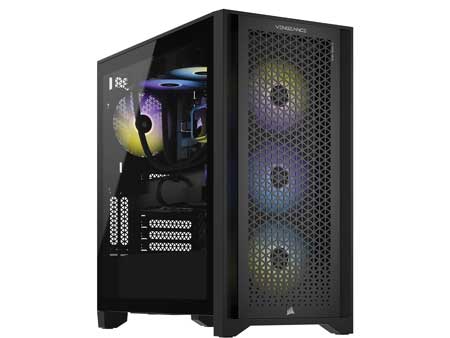 See This On Amazon |
|
| CPU | Intel Core i9 14900KF |
| Processor Speed | 3.2 GHz |
| GPU | NVIDIA GeForce RTX 4090 |
| Graphics Card Memory | 24 GB |
| RAM | 64GB |
| Storage Space | 2TB M.2 SSD |
| Operating System | Windows 11 |
| Dimensions | 17.8 x 9.1 x 18.3 inches |
| Keyboard & Mouse | Sold Separately |
| Computer Monitor | Sold Separately |
| Advantages | Performance |
| Disadvantages | n/a |
RELATED ARTICLES:
Best Desktop Computers for Solidworks


